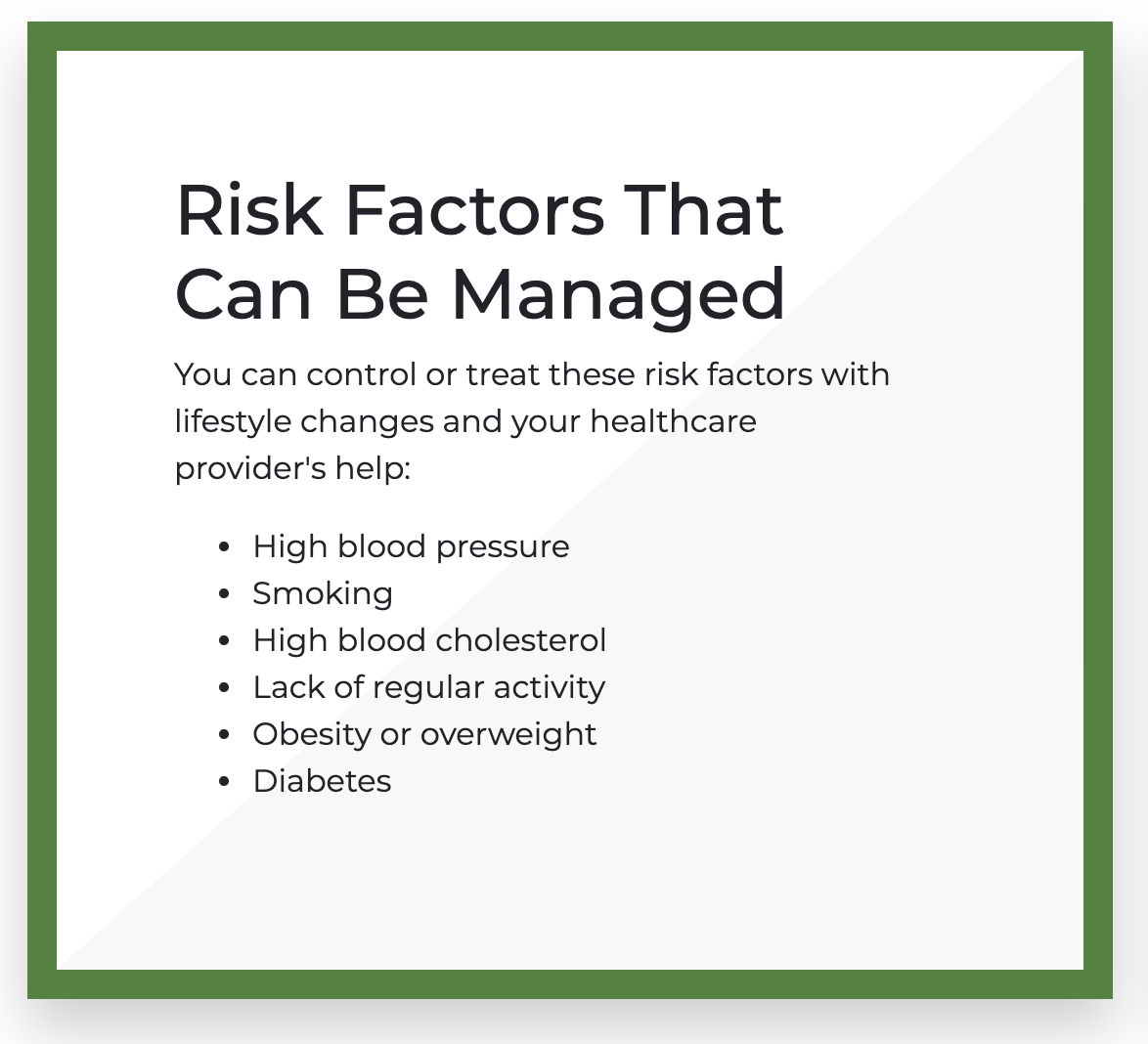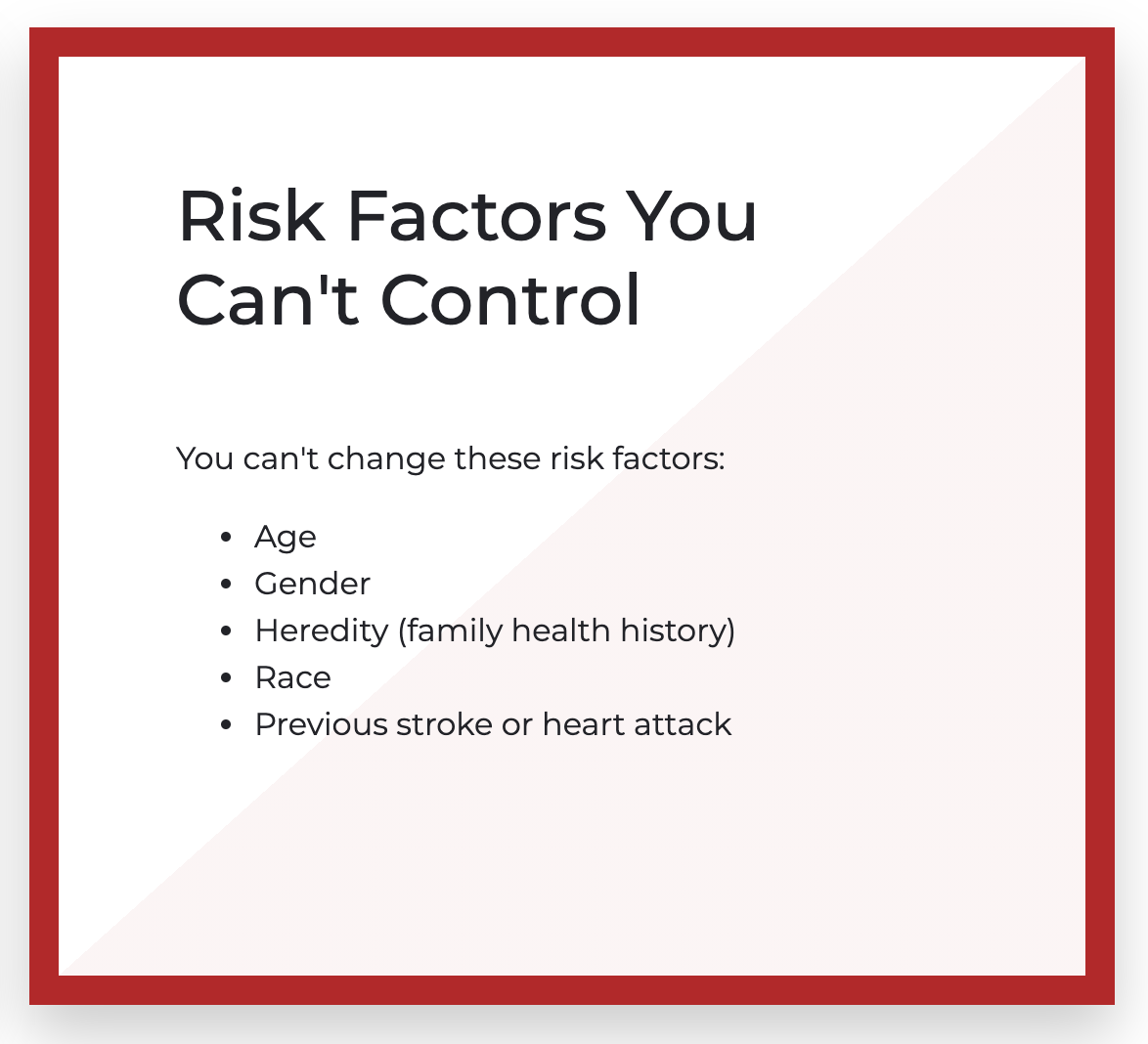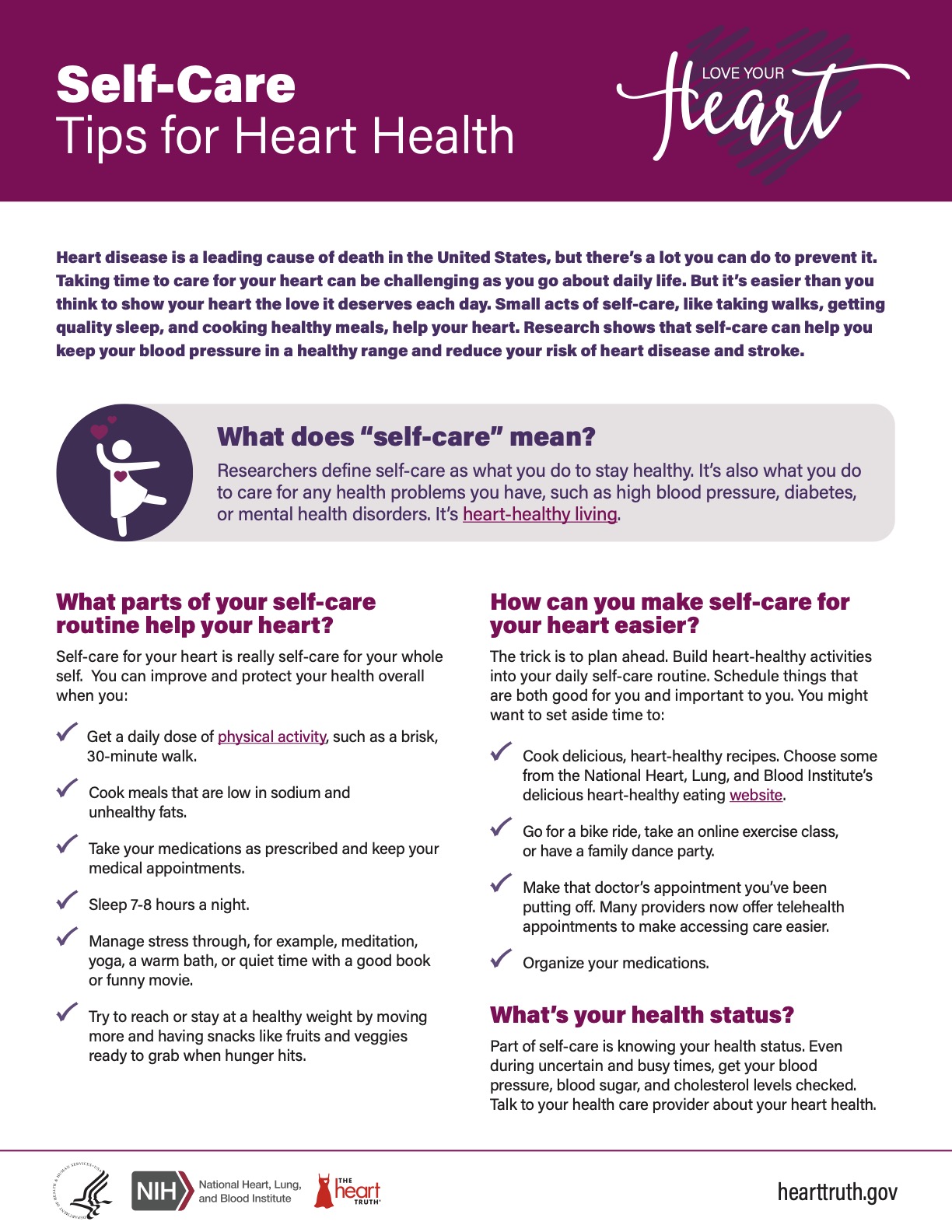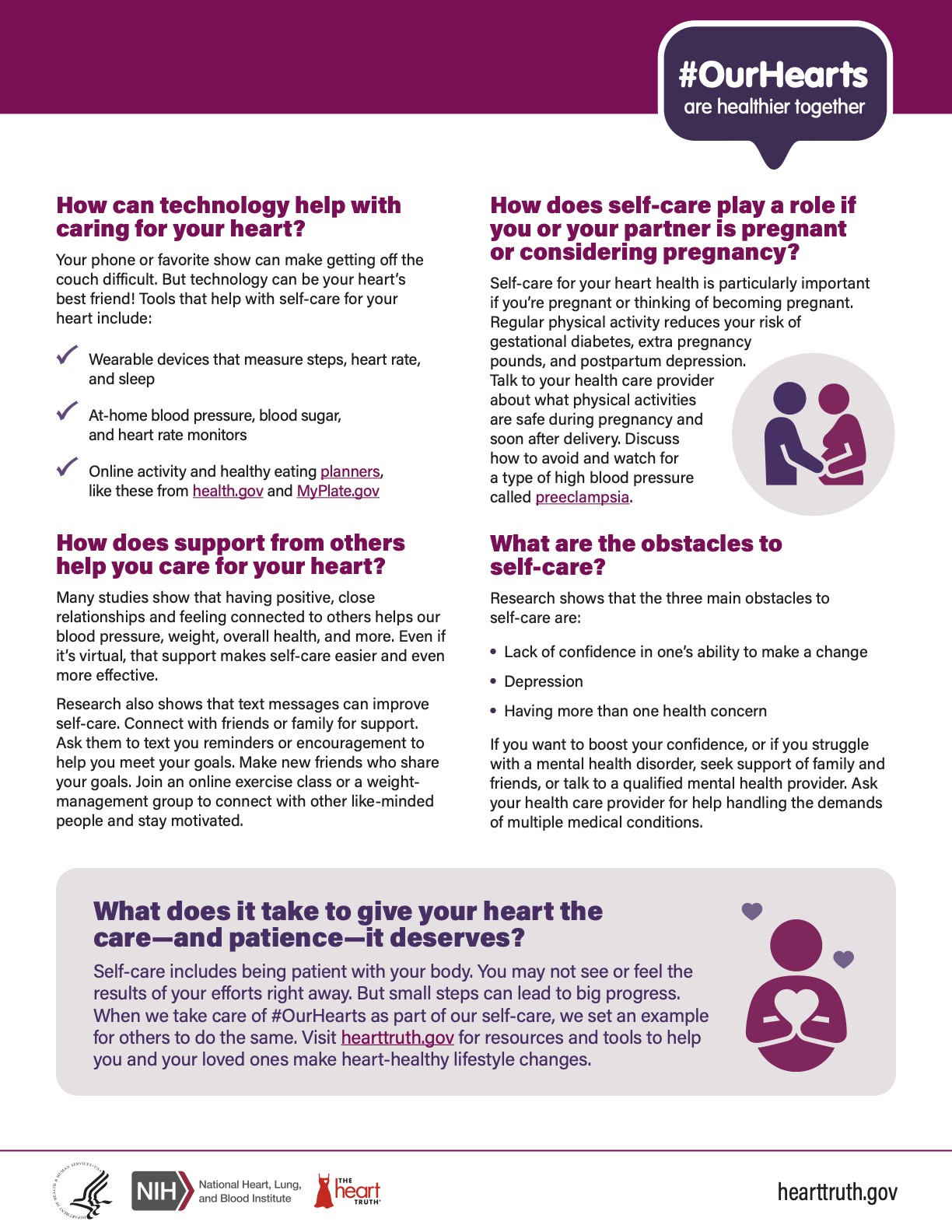February is American Heart Month
About 2,200 Americans die each day from a cardiovascular disease. That’s about one every 40 seconds.
Cardiovascular diseases claim more lives than all forms of cancer combined.
American Heart Month is an excellent time to teach your family and friends that cardiovascular disease can often be prevented by making healthy choices and properly managing their existing health conditions.
American Heart Month
American Heart Month is a federally designated event that encourages Americans to focus on their heart health and get their families, friends and communities involved.
Heart disease knows no borders. Cardiovascular disease, including heart disease and stroke, remains the leading cause of death globally, taking more than 17.6 million lives. That number is expected to rise to more than 23.6 million by 2030 – and women are at an increased risk. Cardiovascular disease claims more women’s lives than all forms of cancer combined.
This February, volunteers, survivors and supporters amplify Go Red for Women’s lifesaving message to raise awareness and encourage action. This includes knowing your numbers and family history, recognizing the signs and symptoms of heart attack and stroke, participating in research, learning CPR and making healthy behavior and lifestyle changes.
Factors That Increase Your Risk for Heart Disease


Self-Care Tips for Heart Health
This fact sheet provides an overview of what self-care for your heart means. It also offers ideas on how to make your heart health part of your self-care routine, and the benefits of doing so.This fact sheet provides an overview of what self-care for your heart means. It also offers ideas on how to make your heart health part of your self-care routine, and the benefits of doing so.
#OurHearts
#OurHearts is a national effort to encourage and motivate people to adopt heart-healthy behaviors, together. Research shows having social support and personal networks makes getting regular physical activity, eating healthy, losing weight, and quitting smoking easier.



